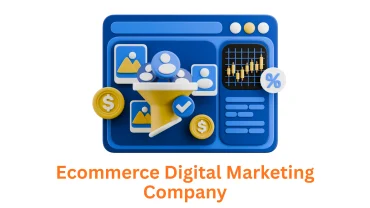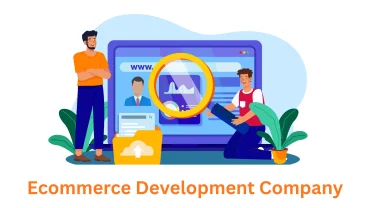The gaming landscape is undergoing a seismic shift. Web3, with its decentralized ethos and player-ownership models, is revolutionizing how we create, play, and interact with games. In this blog post, we’ll explore the latest and most impactful technologies, platforms, and tools driving innovation in Web3 game development.
1. Blockchain Platforms:
The foundation of any Web3 game is a robust blockchain platform.
- Ethereum: Still the leading choice for many, known for its large developer community and established infrastructure.
- Polygon: Offers scalability and lower transaction fees, making it attractive for games with high transaction volumes.
- Solana: High-performance blockchain known for its speed and efficiency, ideal for real-time gaming experiences.
- Immutable X: Specifically designed for NFTs and gaming, offering instant trade confirmation and zero gas fees.
2. Game Engines:
- Unity: Widely used and versatile, with extensive community support and resources for blockchain integration.
- Unreal Engine: Offers high-quality visuals and realistic physics, well-suited for immersive Web3 experiences.
- Godot: Open-source and lightweight, a great option for smaller teams and indie game developers.
3. Smart Contract Development:
- Solidity: The primary language for Ethereum smart contracts, with a vast ecosystem of tools and libraries.
- Vyper: An alternative to Solidity, focusing on security and readability.
- Rust: Used for building smart contracts on Solana and other blockchains, known for its performance and safety.
4. NFT Marketplaces and Infrastructure:
- OpenSea: The largest NFT marketplace, offering a platform for trading in-game assets and collectibles.
- Rarible: A community-owned marketplace with features for creators to launch their own NFT collections.
- Enjin: Provides tools for creating and managing NFTs, as well as a wallet for storing and using them in games.
5. Decentralized Storage:
- IPFS (InterPlanetary File System): A peer-to-peer network for storing and sharing data, ensuring content availability and censorship resistance.
- Filecoin: A decentralized storage network that incentivizes users to store data securely and reliably.
6. Development Frameworks and Tools:
- Moralis: A complete Web3 development platform offering SDKs, APIs, and a cloud-based backend for building blockchain games.
- Truffle Suite: A popular suite of tools for developing, testing, and deploying Ethereum smart contracts.
- Hardhat: An Ethereum development environment with features for testing and debugging smart contracts.
7. Wallets and Authentication:
- Metamask: The most widely used browser extension wallet for interacting with Ethereum-based applications.
- Phantom: A Solana-focused wallet designed for speed and ease of use.
- WalletConnect: A protocol that allows mobile wallets to connect to desktop applications securely.
8. Emerging Trends:
- Cross-chain interoperability: Enabling players to transfer assets and progress across different blockchains.
- Decentralized autonomous organizations (DAOs): Empowering players to participate in game governance and decision-making.
- Play-to-earn (P2E) models: Rewarding players with cryptocurrency and NFTs for their in-game activities.
- Metaverse integration: Creating interconnected virtual worlds where players can interact and own digital land.
Conclusion:
The future of gaming is undeniably Web3. By leveraging these cutting-edge technologies and platforms, you can create immersive, engaging, and rewarding gaming experiences that empower players and revolutionize the industry.
Need Help Building Your Web3 Game?
At Associative, we specialize in Web3 game development. Our experienced team can guide you through the entire process, from concept to launch. Contact us today to bring your game to life!
Services Provided by Associative:
To learn more, consider reading other articles, blogs, and stories in this area.
Top Web3 Game Development Company
Web3 Game Development Service Provider
Essential Web3 Game Development Resources



Comment (0)